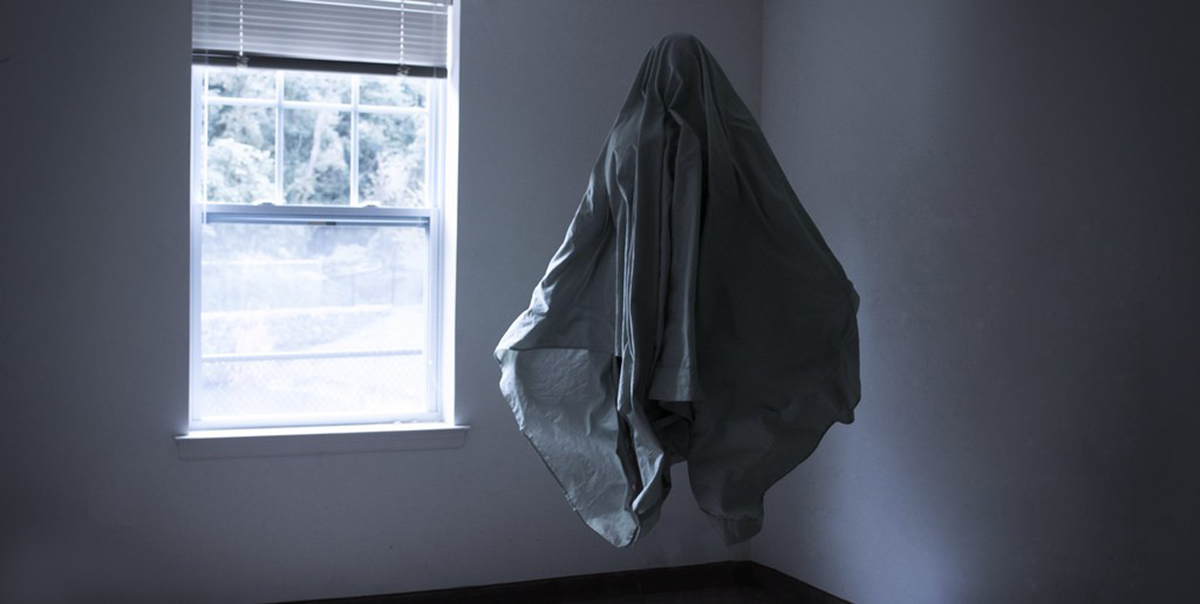Table of Contents
In the 1990's I was working at a research institute in Germany. Every night I would meet my colleagues for a night cap, usually schnapps, and every night as I retired to my flat I would see two long rows of ghostly figures marching into what looked like fog.

Cringing with the expectation he would tell me I had lost my mind, he said, "Oh, everybody sees them. There was an execution camp for Wehrmacht soldiers who had been sentenced to death in courts martial 50 meters down the street."
Twenty years pass, and I am having coffee with an old high school friend (I'm American) in Texas. It turned out the US had a military base at the other end of the street, and unknown to me, he had been posted to Germany when I was working on the economy. I had even walked by his parked car with that had a bumper sticker for our high school football team on it and wondered how in the world someone else from my home town in Texas got there, but we had not met in Germany. The conversation turned to the topic of ghosts. "You wouldn't believe the things that happened at that base," my friend said. "More than once we had a jeep just start itself and take off as if it were fleeing for its life."
Had both of my friends and I lost our ever-lovin' minds? Well, maybe, but a more likely explanation is that we both experience a condition known as apophenia. (Or maybe there actually are lots of ghosts in Germersheim. Personally, I'm still open to that possibility.)
Epiphany, Apophany
Apophenia is a condition of suddenly awakening to a false realization. An epiphany, as you probably know, is (in all but a poetic sense) a sudden realization of a truth. An apophany is a sudden realization of falsely held idea. Apophenia is a predilection for apophany, for making what logicians and statistician call type 1 errors or false positives, for reaching unsustainable beliefs about the world
Apopheniz, Brugger says, is the "pervasive tendency to see order in random occurrences," to be overwhelmed by coincidences.
See Also: Hallucinations
Paying Close Attention to Coincidences Is Not Necessarily a Bad Thing
False positives in one's view of the world are not necessarily a bad thing. If you were a cave man or a cave woman out looking for a mastadon to bring home to make your mastadon burgers, assuming every rustle in the grass could be a saber-toothed tiger out hunting for humans to make cave man tartar probably wasn't a bad thing. Sure, there would be lots of false alarms, but you would probably live longer than another prehistoric person who chalked up sounds of rustling in the grass to the wind. As long as your life was not paralyzed by fear, a little paranoia might be a good thing.
- Simmonds-Moore C. Exploring the perceptual biases associated with believing and disbelieving in paranormal phenomena. Conscious Cogn. 2014 Aug. 28:30-46. doi: 10.1016/j.concog.2014.06.004. Epub 2014 Jul 16. PMID: 25036936.
- Photo courtesy of Rachel.Adams by Flickr : www.flickr.com/photos/cupcakegoshxx/14954414038
- Photo courtesy of m a n d o l i n by Flickr : www.flickr.com/photos/mandolinn/304590573

